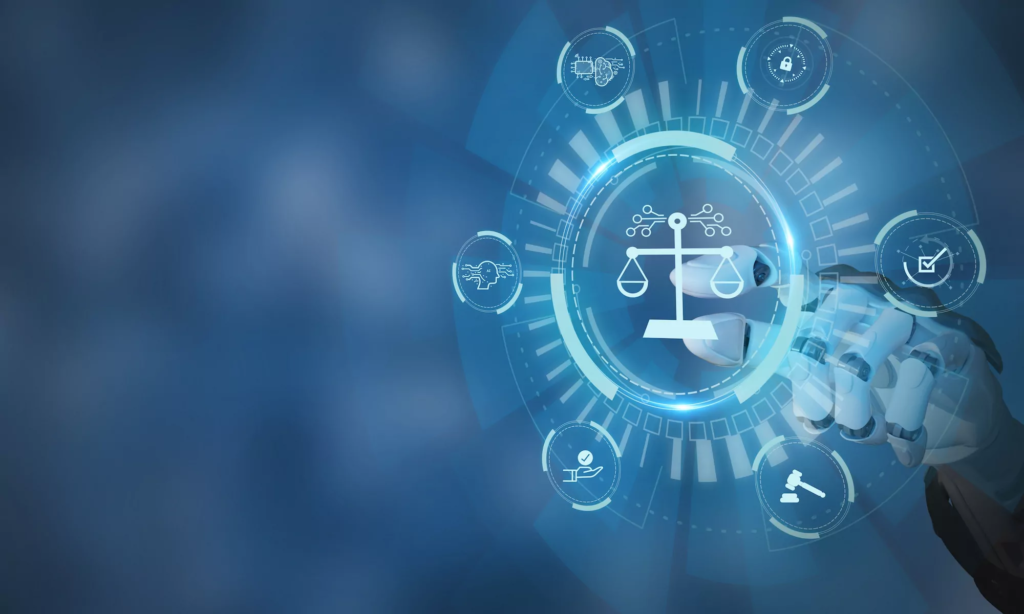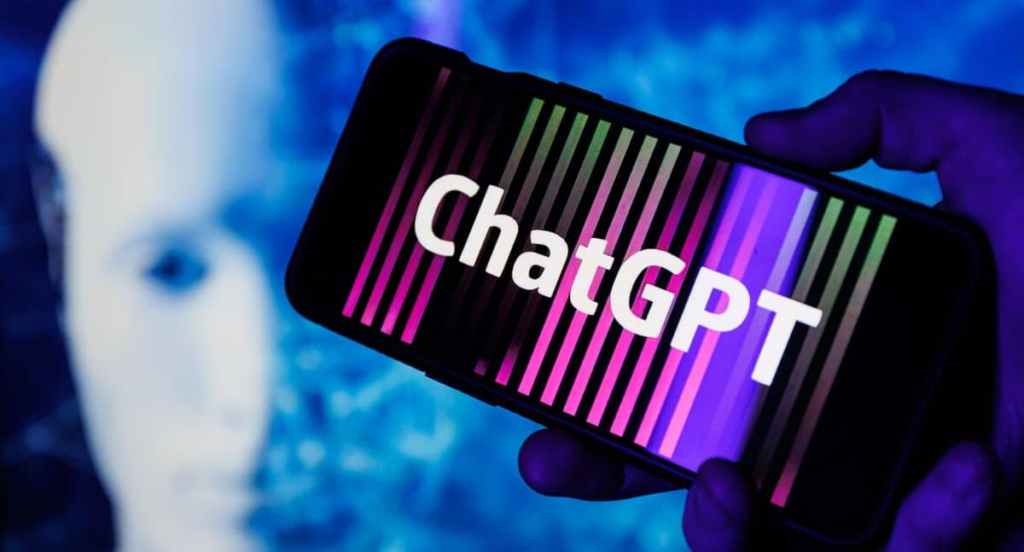
Should ChatGPT Be Regulated?
Artificial intelligence along with several chatbots has been growing at an unprecedented pace. ChatGPT is an AI language model capable of producing human-like responses to natural language inputs. The model is trained on a huge data set of human language. There has been an ongoing debate about should chatGPT be regulated. In this article, I will provide some of the reasons for the regulation of chatGPT and other AI models.

ChatGPT is no guarantee to you that it will be always correct. Rather one of the major concerns is that the model can produce extremely convincing fake information to deceive people or spread misinformation. Sometimes, this misinformation can result in negative consequences, like influencing or misleading voters.
Next is the use of chatGPT for unethical purposes like discrimination, harassment, or cyberbullying. Since chatGPT can produce results in natural language, it can also be utilized to generate harmful or offensive messages which are difficult to identify or trace the source.
In addition to it, several experts have also argued that the deployment of artificial intelligence models can also result in job displacement, especially in industries that are based on interaction and human communication like content creation and customer service. On the contrary, people also argue that regulating AI models can limit innovation as well as the potential benefits of it. AI language models like chatGPT are capable to change the industries like entertainment, education and healthcare, so as to provide customized and efficient services. The regulation of AI technology can be difficult because of day-by-day improvement and innovation resulting in growing applications of AI.
What is ChatGPT? History, Features, Uses, Benefits, Drawbacks
Another major concern is that the AI models need to be trained on the massive amount of data resulting in ethical concerns. Apart from this, there can also be the risk of privacy and data security because the information on which these models are trained is generated from user-generated content which can include biases and other ethical issues which can be perpetuated by these chatbots.

The next consideration is the potential impact on interaction and communication. With the improvements and advancements in the AI language models, there can be changes in the way the communicate and interact with one another, leading to decreased human activity and empathy. This could result in a negative impact on mental health and social well-being especially for the vulnerable section of society like elderly people or those dealing with social anxiety.
Next is that the AI language models should consider the potential for cross-border and international implications. Artificial intelligence technology is not bound by National borders and the use of these models can result in significant implications for global politics and economics. In short, chatGPT and other similar AI language models must consider the global nature of technology along with the requirement for international collaboration and cooperation.
All in all, there must be regulation of chatGPT and other AI language models by a wide range of stakeholders like academics, social society groups, marginalized communities, etc. This would necessitate proactive efforts to involve these people and create a new form of accountability and governance that reflect the diversified needs as well as values of the society as a whole. Regulation of chatGPT can be a complicated model which might require consideration of ethical, economic, International, and social implications. Although, there are risks and concerns of such technological advancements which makes it essential to identify the potential benefits and ensure that the regulation is done from time to time.

The above analysis presents an answer to the question should chatGPT be regulated.
Frequently asked questions
Should the development of artificial intelligence be regulated?
Yes, the development of artificial intelligence must be regulated to prevent unwanted consequences.
Why AI regulation is needed?
AI regulation is needed so that the risk of unethical use can be decreased.
Why is AI difficult to regulate?
AI is difficult to regulate due to constant innovation and updates to the system. It is difficult to regulate huge amounts of data being fed into the system for training.
Can artificial intelligence be controlled?
It is difficult to control artificial intelligence.
Related searches
What Is The Potential Of ChatGPT In Finance And Economics?
How Does ChatGPT Reshape Banking Jobs?
Can ChatGPT Help You To Achieve Financial Literacy?
Follow for more updates
Follow Raveen Chawla on Medium
For related searches, click Articles, click Web-stories




